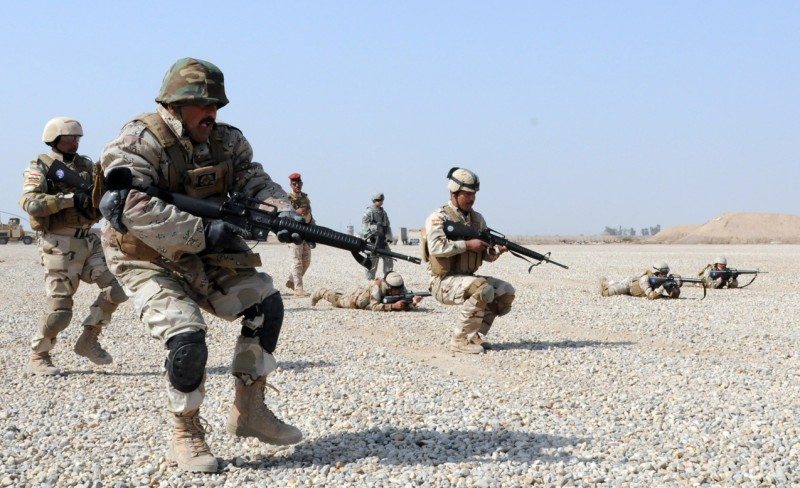The US Army won’t be fighting conventional wars against columns of tanks in the future and will have to prepare for new threats from cheaper high-tech weaponry, Defense Secretary Leon Panetta said Wednesday.
With budget pressures bearing down on the Pentagon, Panetta challenged the “battle-hardened” generation of army officers who had fought in Iraq and Afghanistan over the past decade to come up with new ideas on how to counter a wide range of potential adversaries, including militant groups.
Referring to the first Gulf war in 1991, Panetta said “the reality is there aren’t a lot of countries out there building massive tank armies — it is unlikely that we will be re-fighting Desert Storm in the future.
“Instead, I see both state and non-state actors arming with high-tech weaponry that is easier both to buy and operate, weapons that frustrate our traditional advantage and freedom of movement,” he told an audience of mainly retired officers at the Association of the US Army.
Panetta described what US military planners and analysts call a new “hybrid threat” that combines conventional and irregular warfare, with the 2006 war between Israel and Hezbollah forces in Lebanon often cited as the most vivid example.
In that conflict, Hezbollah fighters used precision-guided weapons, such as anti-tank missiles, while moving in small units akin to a guerrilla force.
New models of shoulder-launched rockets and other weapons — including drones — have become easier to use, less expensive and more threatening to US military might, analysts say.
The US Army trained for decades to fight major land wars that envisaged numerous tank battalions but then switched course in Iraq and Afghanistan to embrace counter-insurgency doctrine.
Panetta, however, said the army would need to move beyond traditional strategy and help define its role in the future, with a smaller but agile force.
“Coming up with new ideas, with operating principles to defeat these kind of enemies is a challenge that I pose to this battle hardened generation of American soldiers,” he said.
The army has shouldered much of the burden of the wars in Iraq and Afghanistan, and a rising suicide rate among its ranks has underscored the strain on the all-volunteer force.
Panetta noted that 2010 was the sixth year in a row that the suicide rate has increased for the US Army, which he called “a national tragedy.”










